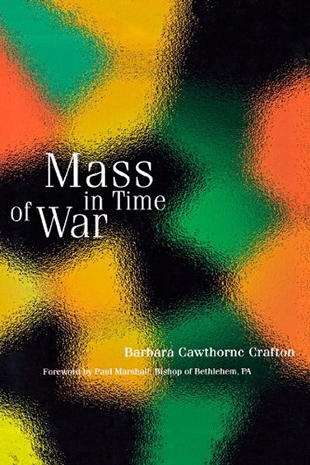"Our inability to question ourselves with seriousness leads us into absurd situations. Our leaders often lecture other nations about their human rights violations, as if we didn't have any. Meanwhile, it seems not to register with us that the only other countries that have the death penalty are the countries we lecture: China, Saudi Arabia (we don't lecture the Saudis too much, counting on their support in the Middle East), Iraq, Iran, Libya — not the company we like to imagine ourselves keeping.
"Be careful with this one, too. Maybe you shouldn't bring it up; it's not worth it.
" 'They just don't like is because we're free,' is what we usually tell ourselves. 'That's what it is.' We honestly can't think of anything we've done to them. We know that colonialism had to end, but we don't know— refuse to know — how long its fallout has lasted, and how intimately we were involved in it. But we were in it up to our necks, and it lasts a long time. 'That stuff happened a long time ago,' we say. Yes, it did, but we still benefit from it every day.
"Because it has left us very rich. We consume many times the resources consumed by the people of poor countries, and we have no interest in changing that. If they were richer, their goods would cost us more, and we might not have as many of them. Our 'footprint' is large, our impact on the environment much larger than those of people in India, or Indonesia, or Malaysia, or Africa, or anywhere else. We have twenty pairs of shoes each. They have one. Or none. We have our own bedrooms, several cars, family rooms, three or four televisions. We use hundreds of gallons of water, hundreds of liters of oil, hundreds of acres of grain for every one of these used by these people so far away from us in miles and in experience. We take up more room. And we refuse to take up less."
